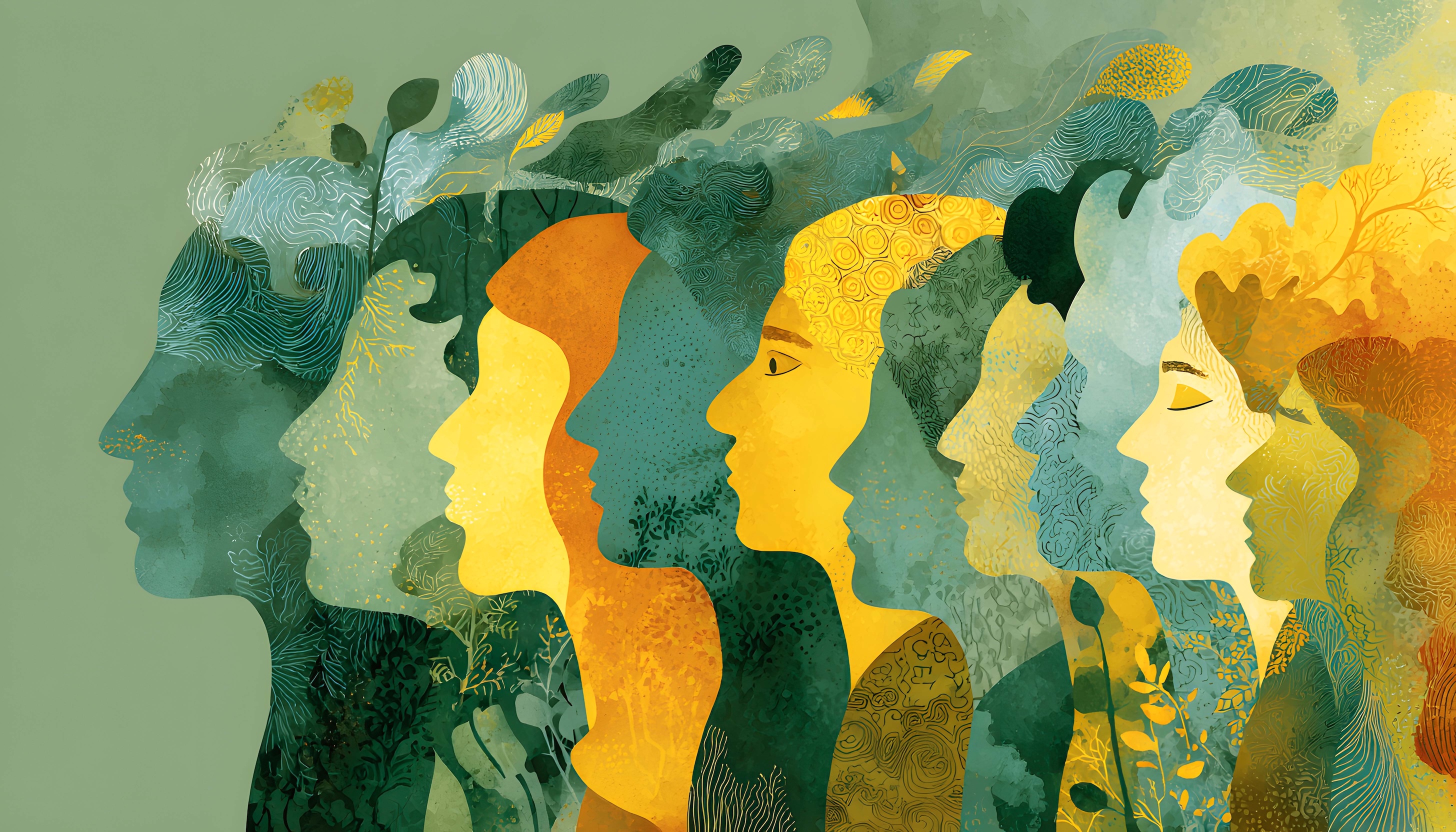Empowering Inclusive Storytelling to Influence Policy and Perception
A six-month journalism fellowship supporting rights-based, long-form reporting on disability in India—shifting narratives from charity to dignity, justice, and accountability.
What is this fellowship?
The Journalism Fellowship on Disability Inclusion is a six-month programme by the International Foundation for Disability Inclusion (IFDI) that supports independent, rights-based, long-form journalism on disability in India.
The fellowship is designed to shift how disability is reported—from charity and welfare narratives to dignity, justice, rights, and accountability. Fellows will investigate systemic barriers faced by persons with disabilities across sectors such as education, employment, healthcare, social protection, and access to justice.
Each cohort supports up to 10 journalists, who receive financial support, mentorship, editorial guidance, and capacity-building to produce three original, long-form investigative stories in English.
Who should apply?
This fellowship is open to journalists with 3+ years of experience who are committed to public-interest reporting and want to deepen their work on disability inclusion.
3+ years of journalism experience (freelance or staff)
Ability to work in English and produce text-based stories (print or digital)
Willingness to produce three long-form investigative stories over six months
Interest in rights-based, ethical, intersectional disability reporting
A strong track record in public-interest reporting (human rights, health, education, gender, labour, social justice, governance)
Objectives

Build awareness Build awareness about systemic issues affecting persons with disabilities—from education and employment to healthcare and access to justice.
Influence policy discourse Surface on-ground evidence, success stories, and challenges through high-quality reporting.
Nurture a cohort Build a cohort of sensitive, informed storytellers shaping inclusive narratives at regional and national levels.
What you'll gain
Financial support: a grant of ₹2,00,000 to report and produce your fellowship stories.
Mentorship: guidance from editors and domain experts to strengthen your reporting and writing.
Editorial support: feedback across pitching, structure, sensitivity, fact-checking, and narrative craft.
Peer cohort: learn with and from a cohort of fellows working on disability-inclusive storytelling.
Capacity building: resources on disability rights, ethics, and intersectional reporting—designed for practical newsroom use.
Deadline
Applications for this cohort close on 15 Feb 2026.
Meet our Jury
Fellows are selected by an independent jury with expertise in journalism, disability rights, and public policy. Jury members assess applications based on storytelling quality, ethical reporting, originality, and potential public impact. All jury members follow strict conflict-of-interest and ethical guidelines.
